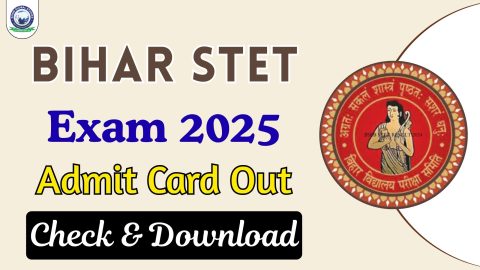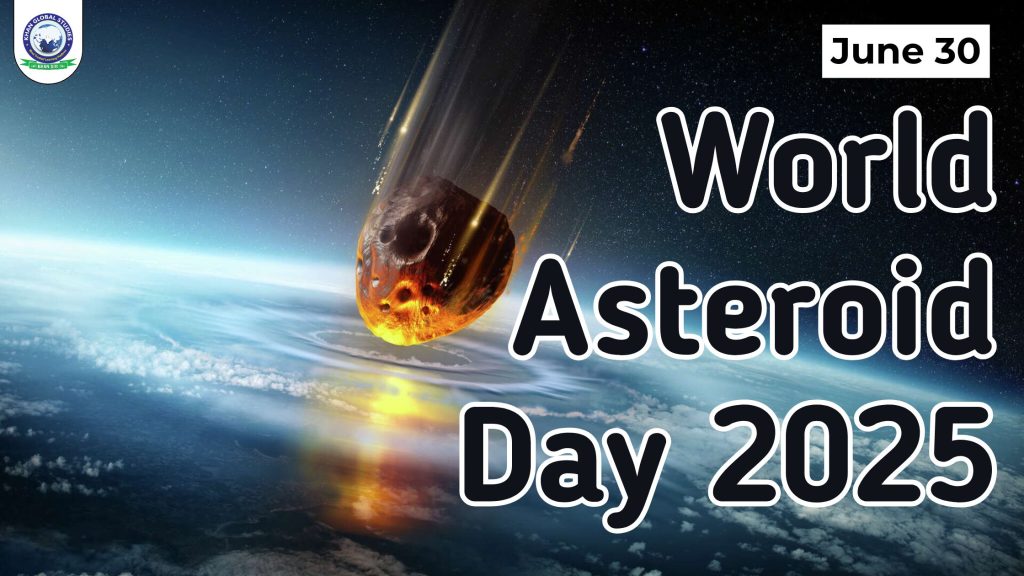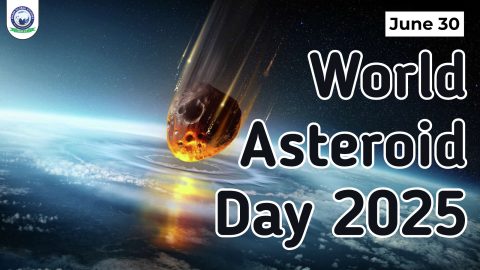World Asteroid Day 2025, which is observed globally on June 30, is an important initiative aimed at raising awareness among people about the potential threats posed by asteroids. It also serves as a platform to promote international efforts in planetary defence and deepen our understanding of the role of asteroids in shaping the universe.
What is World Asteroid Day, and why is June 30 chosen?
World Asteroid Day is observed annually on June 30 to commemorate the Tunguska event of 1908, the largest recorded asteroid-related explosion in modern history. The Tunguska asteroid entered Earth’s atmosphere over Siberia, Russia, releasing energy equivalent to 185 Hiroshima bombs and destroying more than 80 million trees in an area of 830 square miles. This dramatic event is a powerful reminder of how dangerous these space rocks can be.
In 2016, the United Nations General Assembly officially recognized June 30 as International Asteroid Day under resolution A/RES/71/90, advocating for global awareness and the development of strategies to prevent catastrophic asteroid impacts.
World Asteroid Day 2025 Theme
The theme of World Asteroid Day 2025 emphasizes the urgent need for international cooperation in asteroid detection, tracking, and deflection strategies. The unifying focus is:
“Protecting our planet through awareness, science, and global unity”
The theme calls for increased efforts to develop technology, increase funding for space research, and educate the public about the real and current risks posed by near-Earth objects (NEOs).
History and Founder of World Asteroid Day
World Asteroid Day was co-founded by a group of visionary individuals dedicated to science, safety, and space exploration:
- Dr. Brian May – Astrophysicist and legendary guitarist of Queen.
- Danica Remy – President of the B612 Foundation, an organization focused on planetary defence.
- Rusty Schweickart – Apollo 9 astronaut and planetary advocate.
- Greg Richter – Filmmaker of 51 Degrees North, a film that inspired the creation of Asteroid Day.
Their collaboration led to the drafting of the 100X Declaration, which was signed by over 100 leading scientists, astronauts, and technologists. The declaration calls for increasing the rate of asteroid discovery from 20,000 to 100,000 per year within a decade to ensure better preparedness.
What are asteroids, and why are they important?
Asteroids are rocky-metallic bodies orbiting the Sun, mainly located between Mars and Jupiter in the asteroid belt. They vary in size, from a few metres to hundreds of kilometres in diameter.
These “space relics” from the formation of the early solar system may seem insignificant, but they have enormous destructive potential. A small asteroid of just 140 meters can wipe out a large city. Larger asteroids pose a threat to the entire planet.
So far, astronomers estimate that more than one million asteroids could potentially hit Earth, yet only 1% have been discovered and tracked. This statistic highlights the need for faster, more effective detection techniques.
Importance and Significance of World Asteroid Day 2025
1. Public Awareness
It educates people around the world about the science of asteroids, how they form, their movement, and their impact on Earth. Special events, webinars, and workshops are held around the world.
2. Scientific Collaboration
The day promotes collaboration between space agencies, research institutions, and independent scientists. It is a call to action for the global space science community to prioritize asteroid research.
3. Planetary Defence Strategies
World Asteroid Day advances dialogue on the development of planetary defence technologies, including:
- Early detection systems
- Orbit deflection methods
- Impact modelling simulations
4. Policy and Funding Support
Governments and institutions are urged to allocate funding and resources to asteroid monitoring projects such as:
- NASA’s Near-Earth Object Observation Program
- ESA’s Hera mission
- B612 Foundation’s Sentinel mission
Events and Activities on World Asteroid Day 2025
More than 700 events are expected to take place around the world in 2025. These programs include:
- Scientific lectures by top astrophysicists
- Documentary screenings (such as 51 Degrees North)
- Astronomy workshops for schools and universities
- Online panel discussions hosted by international space agencies
- Volunteer opportunities to help spread the word through social media campaigns and creative content
Citizens of all ages are encouraged to participate and contribute, from designing educational graphics to hosting local festivals.
Interesting Facts About Asteroids
- The largest known asteroid is Ceres, with a diameter of about 940 km.
- NASA is tracking more than 25,000 near-Earth asteroids (NEAs).
- The Chicxulub asteroid, which made the dinosaurs extinct, was about 10 km wide.
- A new telescope called the NEO Surveyor will soon be launched to improve the detection of dangerous space rocks.
World Asteroid Day Quotes 2025
- “If countries spent even half the money they spend on planning wars on supporting science and ideas, the Earth could be saved.”
- “Asteroids have the power to destroy life on Earth. Let’s use advanced science to protect our only home.”
- “Nobody, not even asteroids, is happy with how we treat Earth. It’s time we showed some respect.”
FAQs
Q: How big is the asteroid coming in 2025?
A: According to NASA’s Centre for Near-Earth Object Studies, a “potentially hazardous” asteroid called 1989 JA, measuring more than 1.1 miles (5,905 feet) across, is expected to safely pass by Earth in 2025.
Q: Which asteroid could hit Earth in the future?
A: Although the chance of impact is low, the 370-meter-wide asteroid Apophis is being closely monitored. On average, an asteroid of this size may hit Earth once every 80,000 years.
Final Thoughts
World Asteroid Day 2025 is more than a date on a calendar — it’s a global movement. As our ability to observe and understand space grows, so does our responsibility to protect Earth from potential cosmic threats.
Through scientific innovation, international collaboration, and public engagement, we can prepare ourselves and future generations for a safer, asteroid-aware world.
We must act not from fear, but from informed responsibility to ensure that Earth remains a thriving planet amid the ever-changing dynamics of the solar system.





